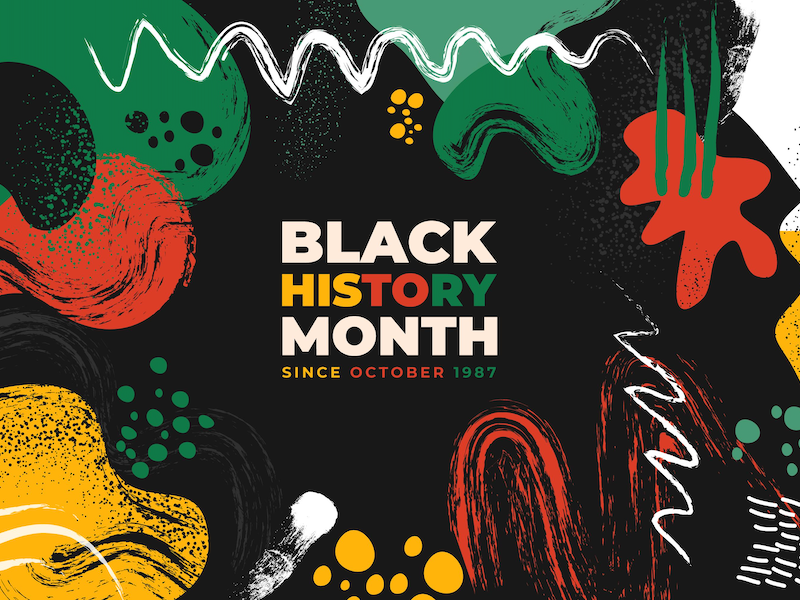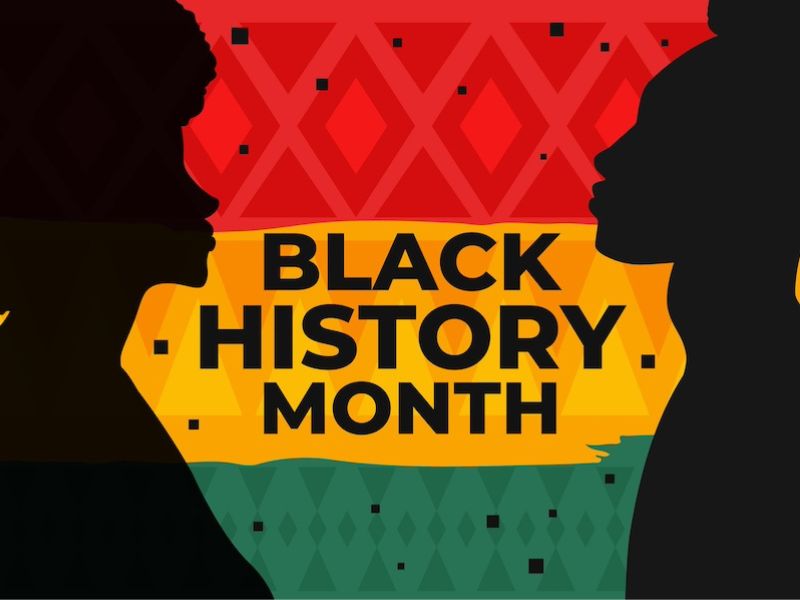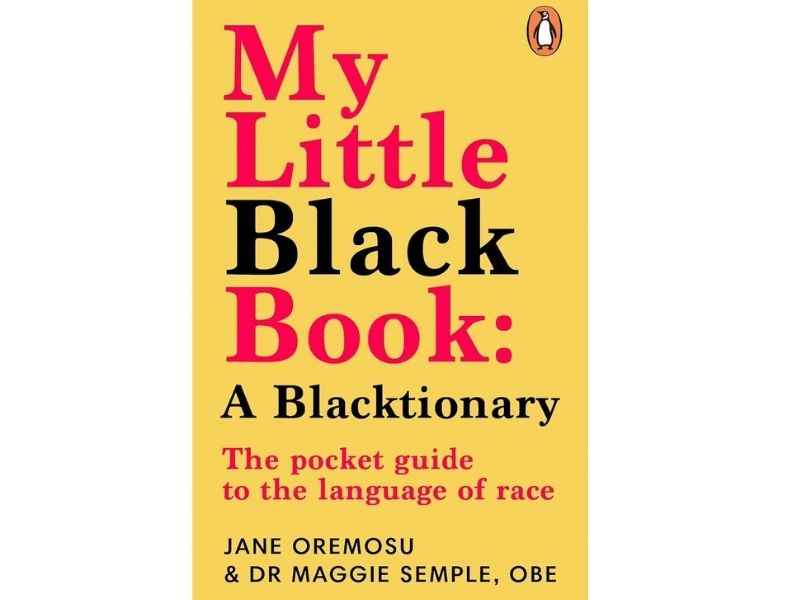By Patricia Akingbe, FTI Technology
It’s heartening to see that as Black History Month evolves in the U.K., more attention is paid to Black issues and causes. When I speak to peers and friends, it feels like increased efforts are being made every October to centre Black culture and educate people on Black history.
However, well-meaning efforts don’t always translate into tangible change. There is still so much to achieve before Black people can say there is real equality in social spaces and the workplace. So, a key question arises: how can Black people continue pushing for change productively, even if they’re fortunate enough to work in organisations with active diversity, inclusion and belonging policies?
Here are four lessons I’ve learned from my experience as a Black woman and a director in a global consulting firm. These learnings can help foster better Black advocacy in other workplaces.
Pay it forward with mentoring
It’s so important to find people who support you, your ideas and your ambitions. They don’t have to be Black or female — although that can help with relatability and advocacy — but if they contribute to a supportive environment for you in your work, then mentorship can add tremendous value.
My first experience with mentorship could have been more positive. I joined a global bank shortly after graduating and was assigned a mentor. We rarely spoke, and the relationship felt more like a box-ticking exercise than a really honest partnership. Latterly, I’ve had much deeper and more positive relationships with mentors, so I would recommend sticking to it and finding the mentor that’s right for you, even if you’re not sure at first.
I also think it’s important to pay it forward and think about mentoring younger people when you feel ready. I’ve not been a mentor myself in a formal capacity, but I check in regularly with people at the start of their careers who maybe aren’t sure how to get their foot in the door in a field like project management or industry like consulting. If people feel more ambitious and confident and can make progress as a result of a mentor’s advice, that’s a great thing.
Role models: they’re not just for the workplace
Role models not only shape how you conduct yourself, but they can be a template for your own goals and career aspirations. I definitely have role models at FTI Consulting, where I work now. Observing people I admire and seeing how they work and approach challenges is enriching.
Remembering that role models don’t have to be purely professional is important. I would always say that my mum is a huge role model for me; she was a working mum who was always loving, caring and very inspirational. I also learn a lot from my friends and find myself inspired when I see them achieve their goals and get to celebrate with them.
Seek out safe spaces to be heard and find support
If you’re Black, it can be discouraging when you don’t see representation at senior levels. Safe spaces are really important. I’m glad that at FTI Consulting, we have programmes designed to support people from underrepresented backgrounds, particularly focused on career progression. My advice is to continually search for those programmes and opportunities: they could be formal or informal.
It often gets disheartening when you try to open up and voice your opinion only to be ignored. Safe forums allow people to express their ambitions and observations without being judged or listeners being defensive.
Helping foster Black success: “If you don’t ask, you don’t get”
Since having my daughter, I feel more attuned than ever to what Black History Month in the U.K. means. The lessons she’s learned from school are good. Still, I think there could be a better balance of shifting the focus from traumatic stories to celebrating the rich cultures and contributions Black people have made to areas like industry, science and the arts.
I’ve learned from mentors and role models that if you want things to change, you need to ask for that change. By leveraging mentors, role models and support networks, together, we can find the inspiration to keep driving for positive change.
About the author

Patricia is an experienced Senior Project Manager with a Software Development and Digital Transformation background. Her career in technology spans more than 20 years and includes roles in a variety of industries within the UK public and private sectors. As a Director within FTI Consulting’s EMEIA Technology segment, Patricia works collaboratively with teams across Europe and North America.









